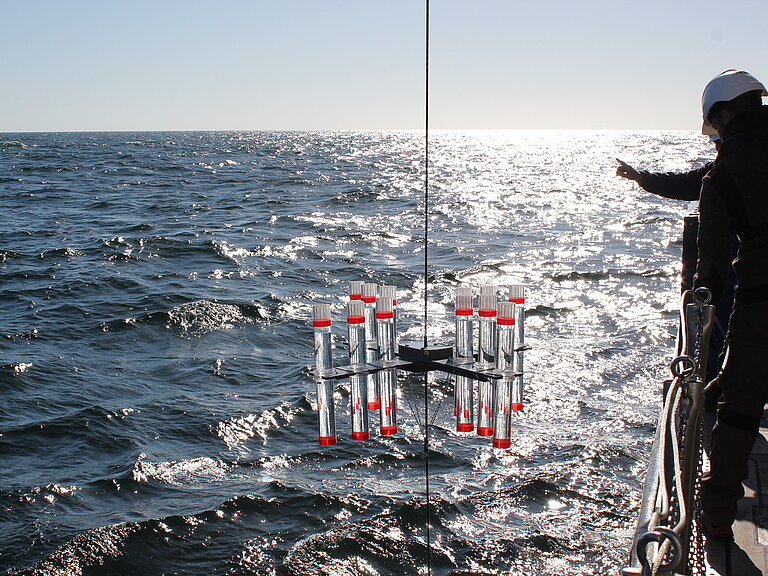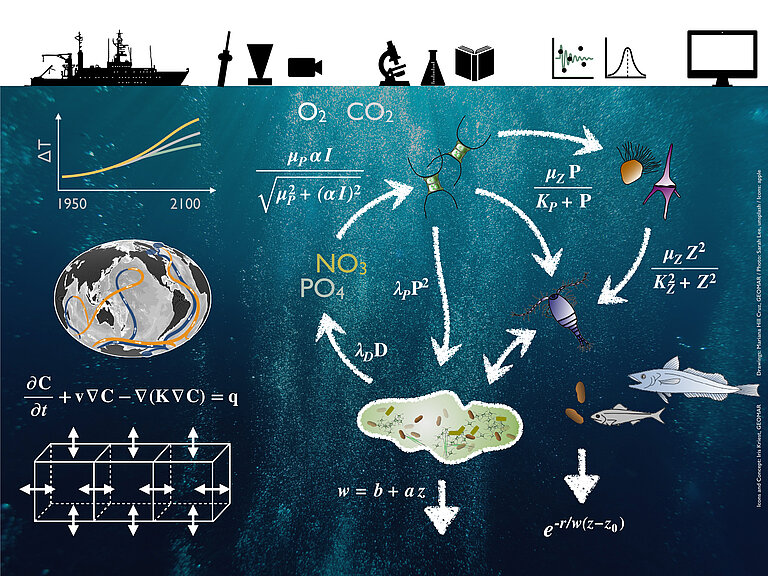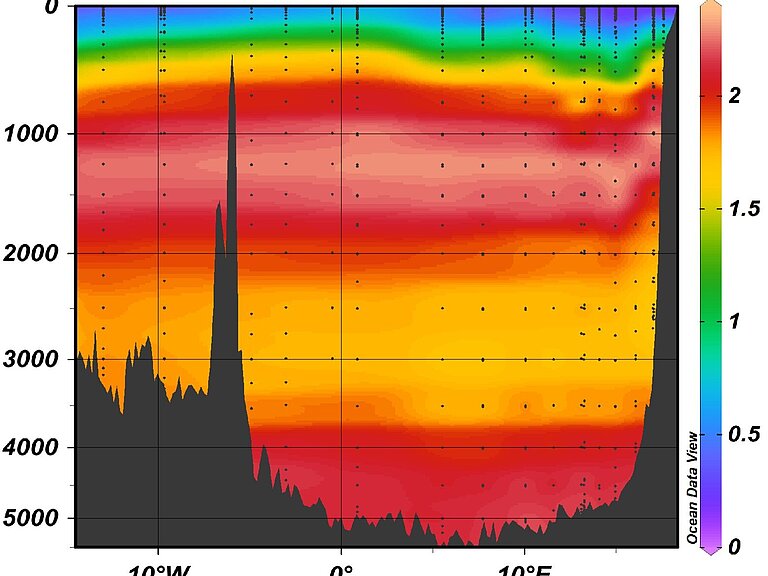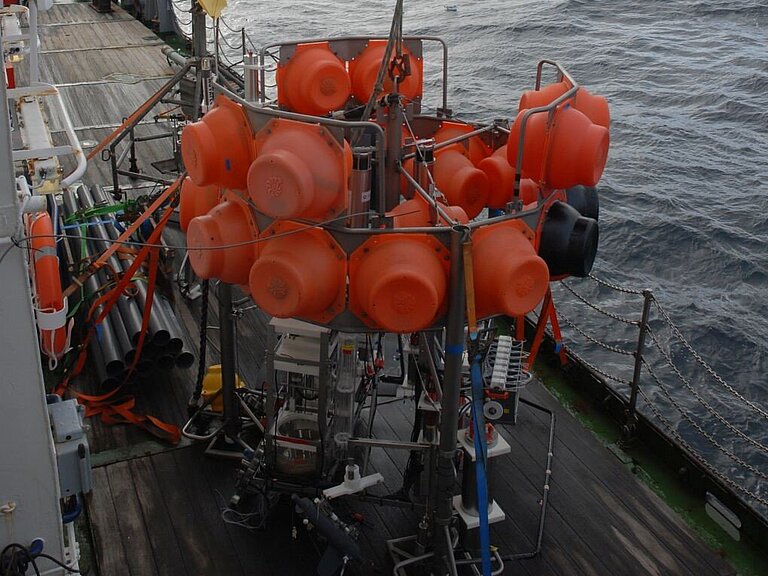Head of the Research Division 2
Marine Biogeochemistry (RD2)
Prof. Dr. Anja Engel
GEOMAR Helmholtz Centre
for Ocean Research Kiel
Seefischmarkt / building 5
Wischhofstrasse 1 - 3
24148 Kiel / Germany
Phone: +49 (0)431 600-1510
email: aengel(at)geomar.de
Administrative Assistant/
Office Manager (RD2)
Silvana Gagliardi
Phone: +49 (0)431 600-4445
email: office-fb2(at)geomar.de
Scientific Coordinator (RD2)
Daniela Henkel
Phone: +49 (0)431 600-2111
email: office-fb2(at)geomar.de









